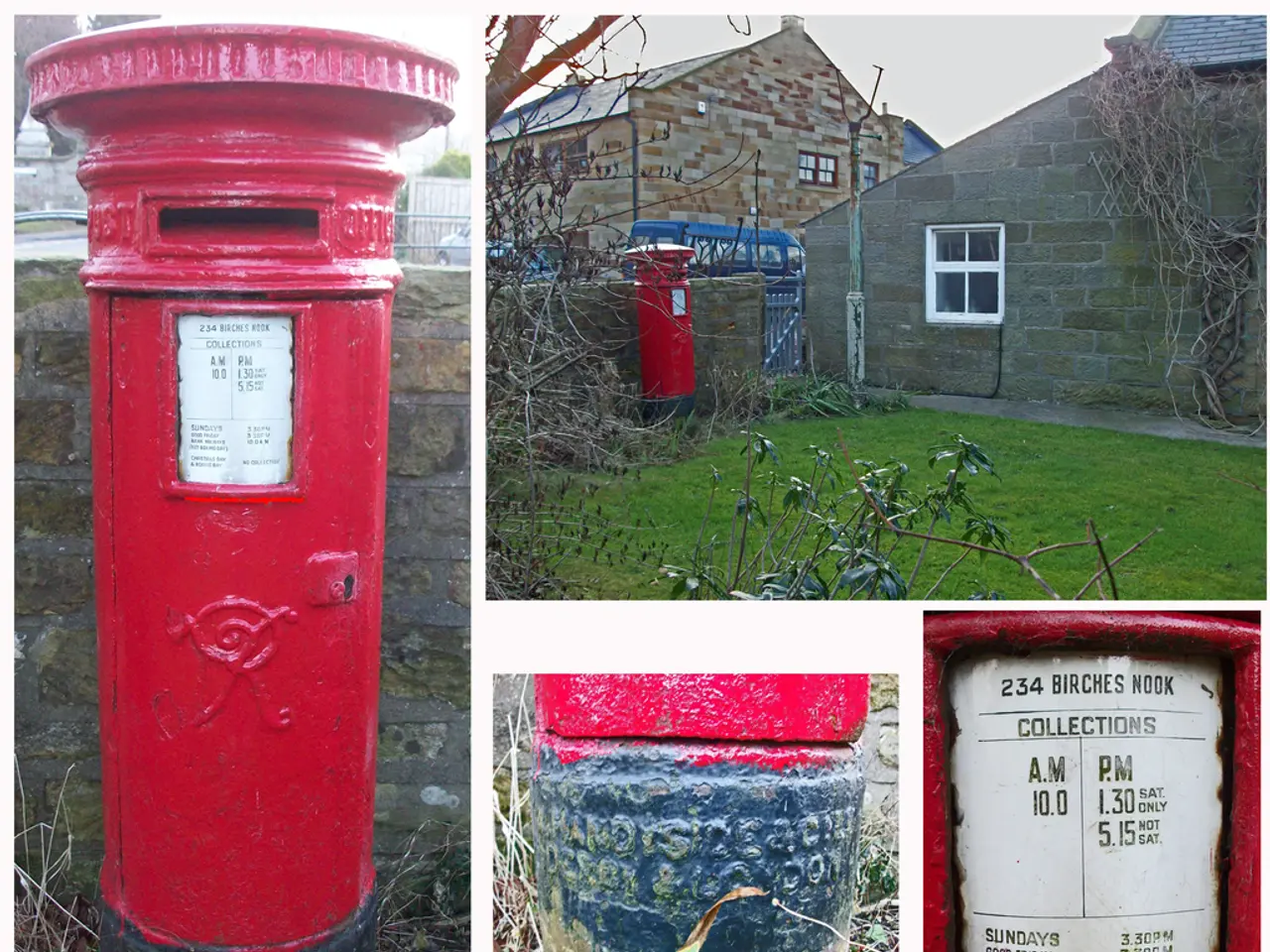Bottoms Up: Eco-Test Reveals Questionable Quality in Popular Mineral Waters
Inefficient or Insufficient: These Four Mineral Waters Fall Short
Quenching our thirst with mineral water is a growing trend in Germany. With over 500 recognized mineral springs and countless brands to choose from, it's hoped that these pricey drinks are worth the splurge. However, the results from Eco-Test paint a different picture, as many products can't pass the "originally pure" test.
In the latest test, Eco-Test analyzed 53 still mineral waters, ranging from 0.19 to 1.23 euros per liter. Their laboratory scrutinized each product for heavy metals, nitrates, chromium(VI), benzene, pesticide metabolites, sweeteners, Per- and Polyfluorinated Alkyl Substances (PFAS), trifluoroacetic acid (TFA), and microbiological contents. Infant and organic waters were also tested for nitrite, fluoride, sulfate, sodium, radionuclides, and a series of other parameters.
Not So Pure: Contaminants Galore
Sadly, numerous waters failed to impress. A whopping 21 products were tainted by pollutants such as chromium(VI) or arsenic. These elements can be present naturally in the soil but also stem from human-made sources like pesticides. To make matters worse, the laboratory also found TFA, a compound belonging to the PFAS family, in many of the waters. TFA is a "forever chemical" associated with various health risks and harmful environmental effects. Alarmingly, seven waters exceeded the maximum permissible amount of PFAS in water for human consumption by EU member states – a limit that is set to be enforced by January 2026.
Some waters were also found to harbor high levels of bacteria, leading to four being deemed "inadequate". Notable culprits included "Good & Cheap Natural Mineral Water Still" from Edeka, "Naturalis Natural Mineral Water Still" from Netto, and "Fresh Breeze Reinbeker Klosterquelle without Carbonic Acid".
Best (and Cheapest) of the Bunch
While many hidden dangers lurk in your favorite bottle of mineral water, there are still a few star performers. "K-Classic Natural Mineral Water Still" from Kaufland and "Saskia Natural Mineral Water Still" from Lidl were both given the "very good" seal of approval, and can be purchased for a reasonable 0.19 euros per liter.
If you're serious about your mineral water, be sure to watch out for those pesky pollutants, and opt for brands that prioritize cleaner, purer water. Always remember: knowing is half the battle!
Source: ntv.de, awi
- Clean Water
- Testing
- Human Wellness
- Pollution facts
- Chemicals in Water
- Environmental Testing
Insights Enrichment:
- PFAS compounds, often called "forever chemicals" due to their persistent nature, have been detected in various water sources including bottled mineral waters in Europe, including Germany[1].
- Continued monitoring and advanced filtration methods are essential to mitigate PFAS exposure through mineral water consumption[1].
- Advanced filtration technologies can effectively remove or significantly reduce PFAS from water, with filtration efficiency for compounds like PFOS and PFOA above 98%[2].
- Environmental concerns remain high as many water bodies in Europe exceed safe environmental standards for PFAS, highlighting a widespread contamination issue affecting drinking water sources[4].
The Eco-Test revealed that many popular mineral waters in Germany don't meet the "originally pure" standard, with contaminants such as chromium(VI), arsenic, TFA, and high levels of bacteria found in numerous products. To prioritize cleaner, purer water, opt for brands like K-Classic Natural Mineral Water Still from Kaufland and Saskia Natural Mineral Water Still from Lidl, which were given the "very good" seal of approval, and are both affordable. Additionally, continued monitoring and advanced filtration methods are crucial to mitigate PFAS exposure through mineral water consumption, as these compounds, often called "forever chemicals," have been detected in various water sources, including Europe.








